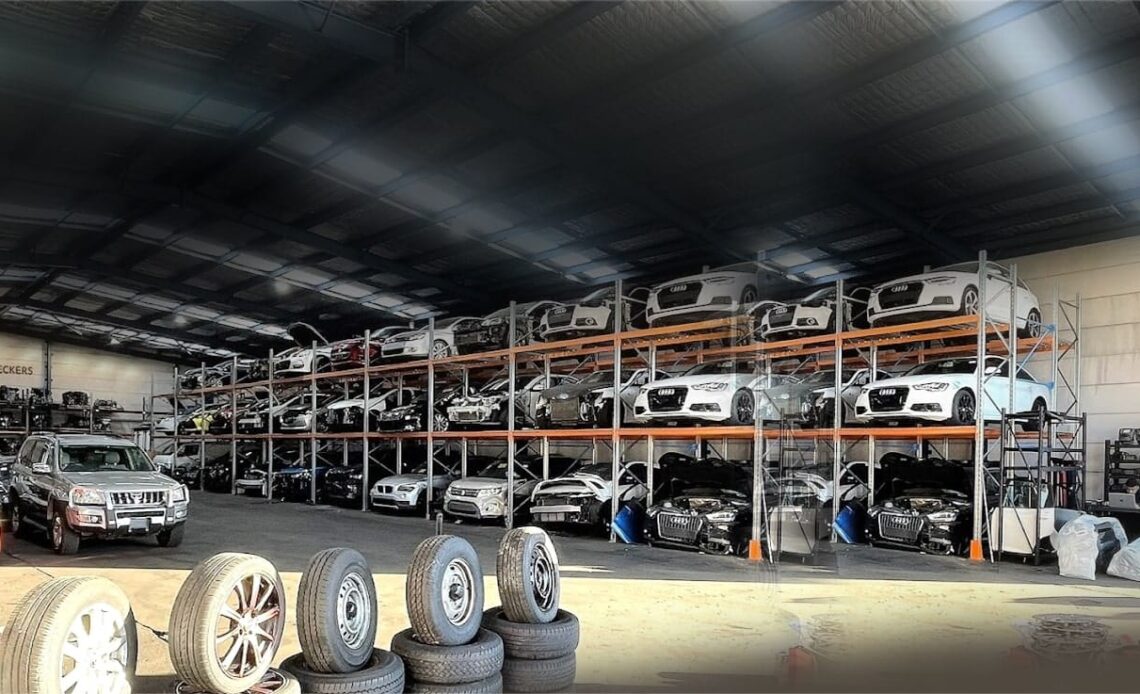Introduction:
As the automotive industry evolves, so does the need for sustainable solutions to manage end-of-life vehicles. Car wreckers, also known as auto dismantlers or salvage yards, have emerged as key players in the realm of recycling and responsible disposal. In this comprehensive guide, we will delve into the world of Car Wreckers in Sydney, exploring their role, the environmental impact of their operations, and answering common queries through FAQs.
The Role of Car Wreckers: Beyond Salvage and Scrapping
-
Auto Salvage:
Car wreckers specialize in salvaging usable parts from end-of-life vehicles. These salvaged components, ranging from engines and transmissions to body parts, are then made available for resale. Auto salvage not only provides a cost-effective option for car owners in need of replacement parts but also contributes to the circular economy by extending the lifespan of these components.
-
Recycling Operations:
Car wreckers are at the forefront of automotive recycling. Beyond salvaging parts, they meticulously dismantle vehicles, separating materials like metal, plastic, and rubber for recycling. This not only reduces the demand for new raw materials but also minimizes the environmental impact associated with traditional disposal methods.
-
Eco-Friendly Disposal:
Responsible car wreckers prioritize eco-friendly disposal methods for the remaining vehicle shells. This may include shredding the metal frames and repurposing the resulting materials for various applications, such as construction or manufacturing.
The Environmental Impact of Car Wreckers: A Green Approach
-
Reducing Landfill Waste:
The traditional approach to end-of-life vehicles involves sending them to landfills, contributing to environmental pollution. Car wreckers, however, reduce the volume of vehicles in landfills by salvaging usable components and recycling materials, minimizing the environmental impact.
-
Conserving Natural Resources:
The process of salvaging and recycling materials from end-of-life vehicles helps conserve natural resources. By reusing components, car wreckers reduce the demand for new raw materials, contributing to a more sustainable and resource-efficient automotive industry.
-
Minimizing Energy Consumption:
Manufacturing new automotive components requires significant energy consumption. Car wreckers play a crucial role in minimizing energy consumption by recycling materials. This process consumes less energy compared to the production of new materials, further promoting environmental sustainability.
Choosing Car Wreckers: A Responsible Decision
-
Cost-Effective Solution:
For individuals in need of replacement parts, choosing car wreckers is a cost-effective alternative. Salvaged components are often available at a fraction of the cost of new parts, providing an economical solution for vehicle repairs.
-
Contribution to Sustainability:
Opting for car wreckers aligns with a commitment to sustainability. By supporting businesses that prioritize recycling and responsible disposal, individuals contribute to a greener and more environmentally conscious automotive industry.
-
Convenient Disposal:
Selling an end-of-life vehicle to a car wrecker offers a convenient and hassle-free disposal option. Wreckers handle the entire process, from vehicle assessment to dismantling, recycling, and eco-friendly disposal, saving owners time and effort.
-
Environmental Responsibility:
Choosing Cash for Cars in Sydney NSW reflects a sense of environmental responsibility. By ensuring that end-of-life vehicles are handled in an eco-friendly manner, individuals actively participate in reducing the ecological footprint associated with automotive waste.
Conclusion: Embracing Sustainability with Car Wreckers
In conclusion, car wreckers play a pivotal role in shaping a sustainable and environmentally responsible approach to end-of-life vehicles. Beyond salvaging usable parts and recycling materials, they contribute to a mindset shift in the automotive industry, emphasizing the importance of eco-friendly practices. Choosing car wreckers is not just a practical decision; it’s a commitment to a greener future.
FAQs: Navigating Common Queries about Car Wreckers
-
Q: Can I sell any type of vehicle to a car wrecker?
A: Most car wreckers accept a wide range of vehicles, including cars, trucks, and motorcycles. Contacting a car wrecker for an assessment can determine the eligibility of a specific vehicle.
-
Q: What happens to the salvaged components from end-of-life vehicles?
A: Salvaged components, such as engines and usable parts, are assessed for potential reuse or resale. This contributes to the circular economy by extending the lifespan of functional components.
-
Q: Are car wreckers regulated for environmental practices?
A: Many car wreckers adhere to environmental regulations and standards. It’s advisable to choose reputable wreckers who prioritise responsible dismantling, recycling, and disposal practices.
-
Q: Can I purchase salvaged components from car wreckers for my vehicle repairs?
A: Yes, salvaged components from car wreckers are often available for purchase. Many individuals choose this option for cost-effective and environmentally friendly solutions to their vehicle repair needs.
-
Q: How do car wreckers determine the value of a vehicle for purchase?
A: The value of a vehicle for purchase is typically assessed based on factors such as the make and model, overall condition, and the availability of salvageable components. Car wreckers may offer a quote after a thorough evaluation of the vehicle.



